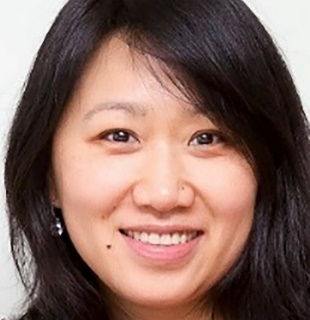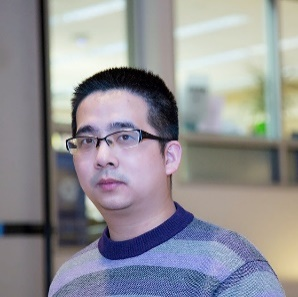特邀报告
1. Ying Zou: Intelligent Code Quality Management for Software Evolution
摘要: Maintaining software quality and fixing defects are challenging and costly processes during the software evolution process. In particular, correcting defects costs 50% to 75% of the total software development budgets. Source code refactoring, clone detection and defect prediction, exemplify various research efforts in improving software quality by optimizing code, reducing code redundancy, and anticipating where future detects may appear in a software system. To help software organizations intelligently manage source code quality and allocate the development resources more efficiently, I will share some of our experience and research findings in localizing software defects throughout the evolution of large-scale software systems. In particular, I will discuss our work on predicting general defects, performance defects and code clone related defects.

简介: Dr. Ying Zou is a Canada Research Chair in Software Evolution. She is a Professor in the Department of Electrical and Computer Engineering at Queen’s University. She is a prior recipient of the IBM CAS Research Faculty Fellow of the Year, and the IBM Faculty Award. Dr. Zou leads the Software Evolution and Analytics Lab (SEAL) at Queen’s University. Her research interests include software engineering, software evolution, empirical studies, software analytics, and service-oriented computing.
Dr. Zou has published over 160 research papers in the highest impact venues in her field, including the IEEE Transactions on Software Engineering (TSE), Journal of Empirical Software Engineering (EMSE), IEEE Transactions on Services Computing (TSC) and ACM Transactions on Software Engineering and Methodology (TOSEM) as well as the field’s most prestigious conferences, such as IEEE/ACM International Conference on Software Engineering (ICSE), and IEEE International Conference on Mining Software Repositories (MSR). Of her over 120 conference papers, she has won IEEE Software Best Paper Award at ICSE Software Engineering in Practice Track (SEIP) and an ACM Distinguished paper award.
Dr. Zou has demonstrated her leadership through the organization of various international conferences and workshops. She was invited to give a keynote in the IEEE International Conference on Software Analysis, Evolution and Reengineering (SANER) 2020. She also actively serves on the program committee for many top conferences, such as FSE 2021, ASE 2021 and as Awards co-chair for MSR 2020. She is also a senior member of IEEE and IEEE Computer Society. Dr. Zou is an associate editor for the IEEE Transaction on Services Computing.arch in software engineering.
2. 夏鑫: 华为软件工程研究布局
摘要: 华为的软件形态多样,覆盖了从嵌入式系统到云系统等各种形态的软件, 积累了海量的软件资产(例如,代码、缺陷报告、漏洞、日志、第三方库、 开源数据等)。 如何利用软件工程能力对华为的海量软件资产进行治理是当前软件工程研究的巨大挑战。 本次报告对华为软件工程研究布局进行介绍,包括智能化软件工程、软件架构、 AI工程、可信编程与构建、漏洞治理等方向研究布局和当前进展。

简介: 夏鑫,华为软件工程应用技术实验室主任。他的研究方向是智能软件工程、软件仓库挖掘和经验软件工程。夏鑫至今发表了200多篇期刊和会议论文, 其中包括66篇CCF A类期刊和会议长文。部分论文获得国际会议最佳/杰出论文奖项,包括5篇ACM SIGSOFT 杰出论文奖(ASE 2018、2019和2020, ICPC 2018和2020)。 此外他担任了MSR和SANER会议的Steering Committee,多个国际会议的PC (ICSE,ESEC/FSE, ASE等),以及参与组织了多个国际会议(ICSE 2023, ASE 2020-2021, ICSME 2020, SANER 2019-2020和2023等)。更多信息在https://xin-xia.github.io/